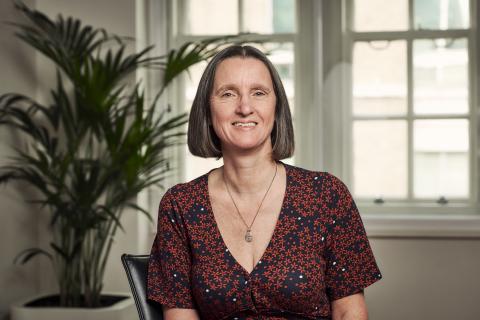Claire Enders was quoted in The Sydney Morning Herald on ‘Rupert Murdoch has come out of hibernation’: Top analyst backs Fox-News Corp merger
20 October 2022Britain’s most respected media analyst, Claire Enders, has backed Rupert Murdoch’s proposal to merge Fox Corporation and News Corporation, labelling the potential deal “tremendous” and said it signalled that he had emerged from hibernation.
Enders, the founder of Enders Analysis who has worked in and analysed the media and telecommunications’ sectors for the past four decades, met News Corporation chief executive Robert Thomson and News UK chief executive Rebekah Brooks on Monday to discuss the deal.


